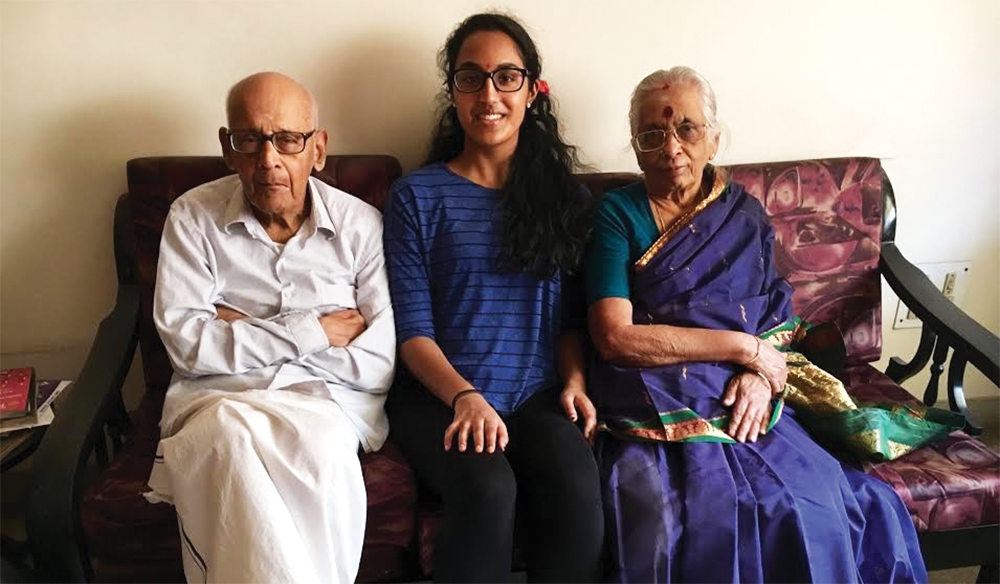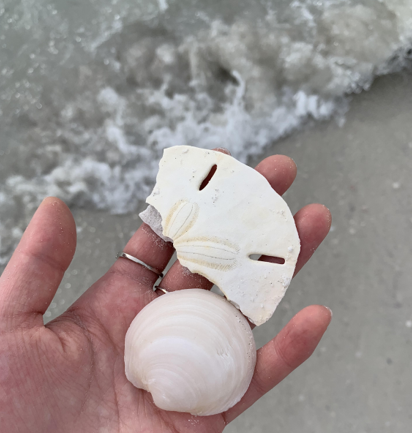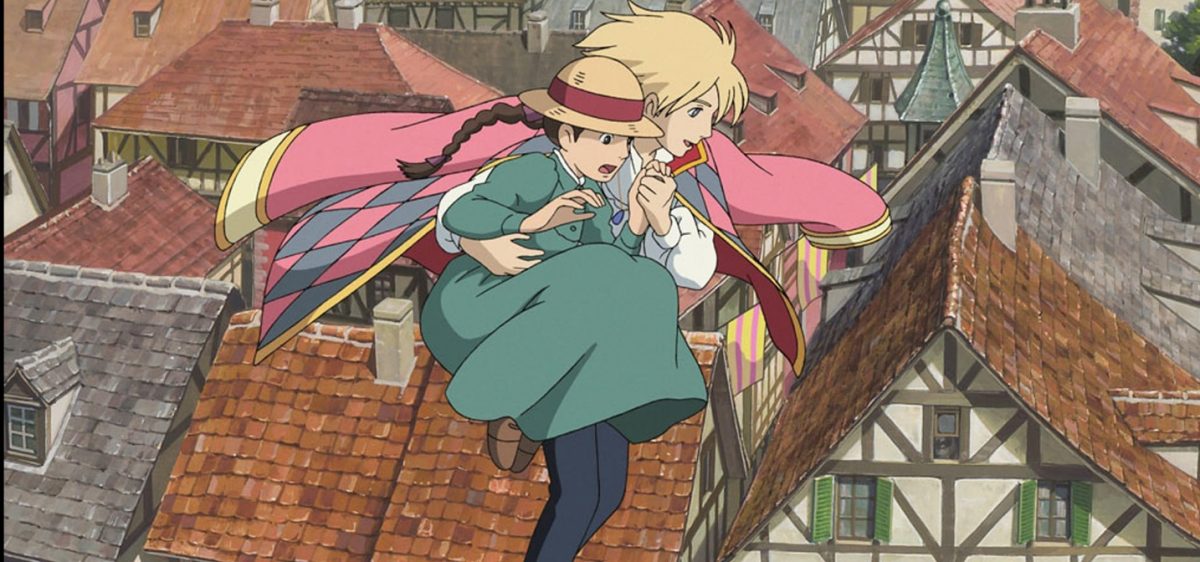“Wow, that’s so intense for a spring break trip!” “Won’t you get jet-lagged?” “What’s the time difference?”
These are just some of the reactions I heard upon telling people that I was planning on going to India for spring break, as if I was about to go on a vacation to a novel location. Instead, as most of my trips to India have been, this was a trip to spend time with my grandparents, not a trip to sightsee and visit typical tourist locations. Such is the reality when one has aging grandparents and cannot afford to not spend every waking hour with them.
The immigrant experience is so closely intertwined with loss: loss of language, loss of comfort in surroundings, loss of culture and loss of identity. I will never know the extent of the loss felt by my parents, who have now lived more than half of their lives in the United States. This loss also trickles down to the children of immigrants; I find myself clinging to my culture for dear life. A reason that this trip was special was that I finally felt that I was able to fit in. Dressed in my chudithar with a matching pottu or bindi, with a string of jasmine flowers in my hair, I managed to succeed at looking like a local. I hardly spoke any English, and, when I did, I spoke mainly Indian English, which requires a completely different accent and set of vocabulary: “compulsory” instead of “mandatory,” “difficult” instead of “hard,” or even the profuse usage of the word “useless” when complaining about someone.
This visit to India was also uniquely special because it was my first trip alone, because I had chosen to go. Most people with Indian-American friends have probably heard the stories of being forced on trips to India by parents and having to interact with countless unknown family members, all amidst the sweltering heat and lack of a steady internet connection. I will admit that I have been in that position numerous times, but this trip was different. My sole purpose was to spend time with my grandparents while catching up on some schoolwork; I easily managed to fulfill the former, while admittedly doing most of my homework upon landing back in D.C.
Being able to spend time with my grandparents and help them was an honor. I developed a fascination with the process of aging and the circle of life. When I was a child, my grandfather, or thatha, used to pick me up from my bus stop and carry my backpack as we walked home. On this trip, I would wake up multiple times in the middle of the night to help my thatha walk to the bathroom. Helping thatha after he helped me for so many years created the most surreal feeling.
I was able to accompany my grandmother, or paati, while shopping at what she calls the “bhai kadai,” or “brother’s store,” to buy fruit. Observing my paati’s strong will permeate every part of her life was both impressive and amusing: her mere presence demands respect from everyone from the bhai who sells us fruit to all of my grandparents’ countless friends. My paati’s strong disposition conflicted with my thatha’s growing impatience, and I often was caught in between their quarrels about small things. Paati often complained about so many books being scattered around the house, while thatha complained that paati’s family was never in the habit of reading books, because they were too busy making money.
Another surreal feeling was being able to have full-fledged conversations with my paati in Tamil. We compared American politics with Indian politics, talked about my paati’s investments and the effects of demonetization and also complained about small things — I suppose one can prove fluency in a language by the ability to complain in it.
This was not a traditional spring break trip in any sense; most people either go home or travel with friends to a warm climate — technically, I did both at the same time. Despite being from Audubon, Pa., if India is not my home, then why did a wave of mourning sweep over me as soon as I landed at Washington Dulles International Airport? I have never felt this level of loss upon coming back to the U.S. and have also never felt that my English has suffered until this trip. Honestly, though, as an Indian-American with an identity crisis, it is definitely not the worst problem! My identity crisis has been temporarily shelved: I can finally feel comfort in India, while also feeling a sense of pride and relief to hear the immigration officer say, “welcome home.”
A beautiful thing about Indian languages is that there is no word which translates to “goodbye” or “farewell,” only words to express that you are temporarily taking your leave, implying that you will return. It is comforting to know that I can never truly say farewell to India, I can only say “naa varen,” because I will always come back.

PRIYANKA DINAKAR is a sophomore in the School of Foreign Service.


















